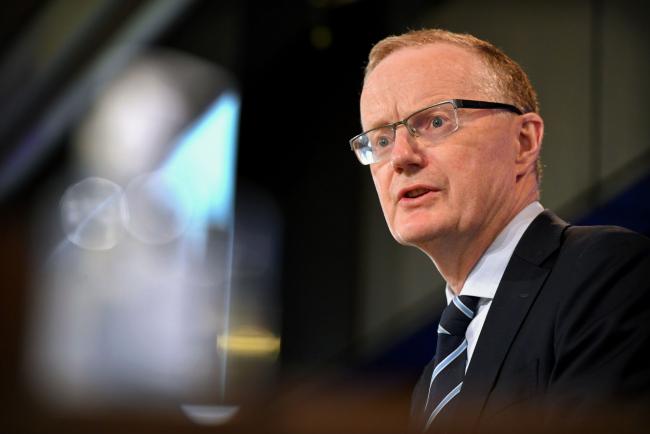(Bloomberg) -- Australia’s central bank chief Philip Lowe said the outlook for the economy has improved, though interest rates will remain low for “quite a while yet” amid muted price pressures.
“The downturn in Australia was not as deep as we had feared and the recovery started earlier and has been stronger than we were expecting,” the Reserve Bank of Australia governor told a panel of lawmakers during his semi-annual testimony in Canberra on Friday. “This does not disguise the fact that we still have a fair way to go.”
The RBA surprised markets Tuesday when it announced an extension of its bond-buying program in an effort to remain in line with international peers and avoid an unwelcome spike in the currency. Lowe also said he didn’t expect to raise interest rates until at least 2024 with employment and inflation remaining well short of target.
The RBA aims to return inflation to a 2-3% range on a sustainable basis, a result that requires a tighter labor market to spur faster wages growth. While unemployment has fallen sooner-than-expected, the RBA sees it remaining elevated over the next 2 1/2 years.
“Wages growth and inflation are both forecast to remain subdued,” Lowe said in his opening statement to the House Economics Committee. “Wages growth is expected to pick up from its current low rate, but to do so only very gradually and still be below 2% at the end of next year.”
The central bank in November cut its cash rate and three-year yield target to 0.10%; those measures, together with the quantitative easing program and a bank lending facility, have driven borrowing costs to record lows.
Policy makers are betting a lack of immigration due to Covid border closures will keep a lid on house prices. Yet increasingly strong data suggest the property market is already heating up.
The A$100 billion ($76 billion) QE program -- that will be extended by a further A$100 billion mid-April -- is helping to slow the currency’s gain. The local dollar has been fueled by high iron ore prices and the nation’s relatively better health results compared to other developed countries.
The Aussie dollar has surged 33% since its March nadir of 55 U.S. cents.
©2021 Bloomberg L.P.
